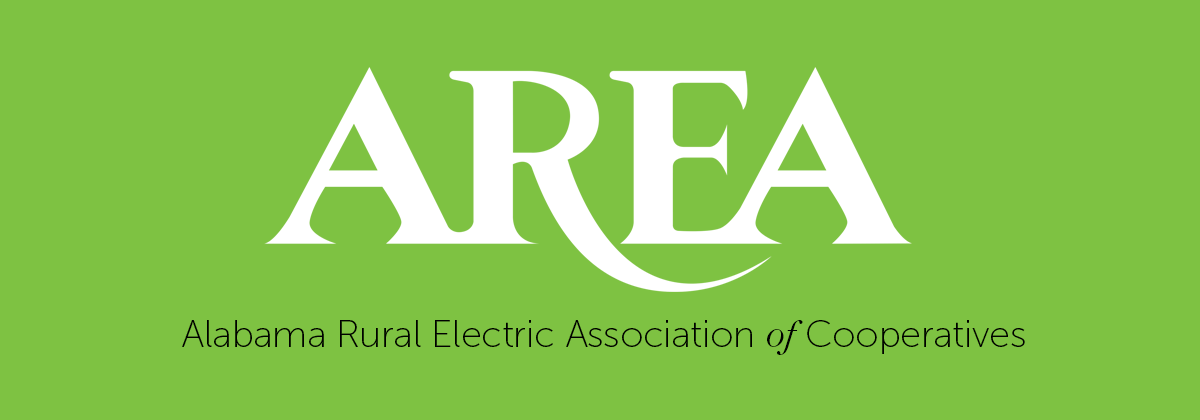Staking Technician Training (Phase 3) -- Dixie EC (9100 Atlanta Highway, Montgomery, AL)
UNDERGROUND DESIGN AND SUBDIVISION LAYOUT (Covered in Phase 3)
In addition to designing overhead lines, the staking technician must also design underground facilities. This course will explain the components of underground distribution systems along with their application and limitations. The student will learn how to lay out subdivisions, specify pad-mounted equipment and design sectionalizing systems. This course will also cover conduit systems and the correct methods for calculating pulling tensions relative to conduit bends and cable runs.
a. Underground cable
b. Components
c. Pad-mounted switchgear
d. Over-voltage protection
e. Cable pulling in conduit systems
f. Designing underground systems
CONSTRUCTION CONTRACT ADMINISTRATION (Covered in Phase 3)
A well-written construction contract and properly drawn set of plans and specifications will go a long way toward getting the lowest bid prices and ease of administration. Accurate accounting of the materials and close monitoring of the contractor’s progress are essential to completing a project on time and on budget. The student will learn how the construction contract affects every aspect of the project and how to administer the contract terms and conditions for a successful outcome.
a. RUS construction contracts
b. Plans and Specifications
c. Staking for a construction contract
d. Materials control
e. Contractor observation
f. Contract closeout
SIZING TRANSFORMERS AND CONDUCTORS (Covered in Phase 3)
This course will focus on basic electric theory and the methodology to correctly size transformers and service conductors for standard residential and small commercial loads. The student will learn how to perform basic calculations for current, voltage, power and voltage drop. He or she will also study basic circuit theory and its application in an electric distribution system. The course will discuss transformer connections and their application to specific electrical loads.
a. Basic electric theory
b. Transformers
c. Transformer sizing
d. Service voltage drop
e. Computer programs
Registration for this event is now closed.
